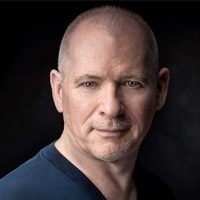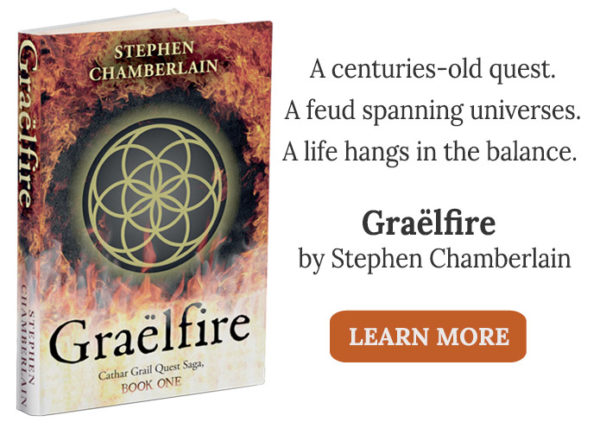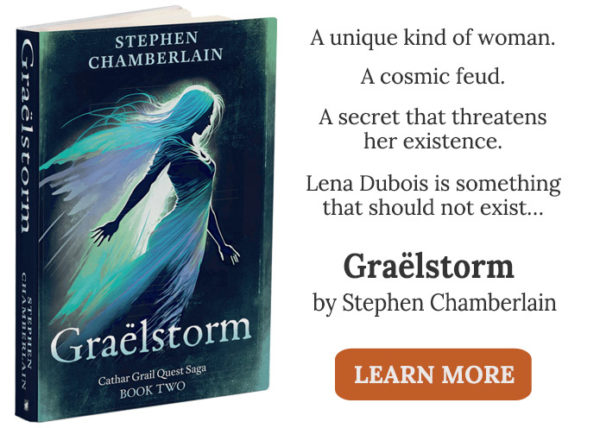“Never forget who you are, for surely the world will not.” – George R. R. Martin
Who am I? It’s a question everyone struggles with at some stage in life. But self-identity is not a simple construct. It’s a blend of influences that incorporates our experiences, relationships, values, and beliefs. I’m not talking about identity in terms of personal data: name, date of birth, address, passport, and credit card details. Rather, I’m talking about our sense of who we are.
Conscious Selfhood
Psychologists will tell you that identity encompasses multiple factors, such as citizenship, culture, education, job, hobbies, memories, and social relationships. Also, our identity isn’t constant. It shifts as these influences change and evolve. Our understanding of who we are is a lifelong process. It will be different in old age compared to what it was in childhood.
Psychologist Erik Erikson is one of the godfathers of identity theory. According to him, people change as they progress through a series of stages in life, each contributing to our perception of selfhood. Eriksson also coined the term “ego identity,” which he describes as the enduring and continuous sense of who a person is. This ego identity develops during adolescence and remains throughout life, helping to merge all the different versions of oneself (e.g. the solitary self, the family self, the career self, the spiritual self, the sexual self) into a cohesive whole, so that whilst roles and circumstances change, there remains a stable sense of who we are.
It’s this ego identity that interests me. I can see how my own identity has changed over time: from childhood through adolescence to adulthood; from schoolboy to professional; and from bachelor to husband, father, and granddad. It’s been quite a ride, and I wouldn’t change a minute. But throughout it all, I’ve always felt that stable sense of self that Erik Erikson talks about.
Sense of Belonging
For me, that stability comes from a sense of belonging. I’m not talking about citizenship—I’ve lived abroad so long that the UK is no longer “home” for me. Home is Switzerland. It’s where I’m resident—where my daughter and granddaughter were born, and where two of my three children live. But though Switzerland is the centre of my life, and I love it here, I’m not a citizen. Being Swiss is not part of my identity.
Some people might call me rootless. But that couldn’t be further from the truth. You see, I was born and brought up in what we once called the West Riding of Yorkshire, and before I left England to work abroad, I thought of myself as a Northerner first and Englishman second. So my roots aren’t grounded in nationhood, but in northernness, a notion that transcends borders and languages. And it’s this northernness that has given me that “stable sense of self.” It’s what anchors my personality.
Okay, I’ll admit that “The North” isn’t a nation-state. It confers no legal rights and obligations. I mean, anywhere above the equator lies in the north. But for me, the North is more than a direction, though I would be hard pressed to define it on a map. I just know it when I get there. I feel it in my marrow. My sense of being “northern” is an emotional experience similar to what C. S. Lewis described in his memoir, Surprised by Joy:
“…Pure ‘Northernness’ engulfed me: a vision of huge, clear spaces hanging above the Atlantic in the endless twilight of Northern summer, remoteness, severity… and almost at the same moment I knew that I had met this before, long, long ago…And with that plunge back into my own past, there arose at once, almost like heartbreak, the memory of Joy itself…”
The Idea of “the North”
I dare say that where you draw the borders depends on perspective. For the Romans, the North was a metaphor for the edges of the known world—an inhospitable wilderness of bleak landscapes and barbarian tribes—a place of brief summers and protracted winters. In the UK, the contemporary cliché of the North has to do with mills, coal mines, and working-class towns where people speak with flat vowels. But this is stereotyping. Truth is, the mills and collieries are long gone. Nobody weaves wool or mines coal there anymore, and such clichés ignore the multiracial, multicultural place the north of England has become. They’ve converted mills into trendy apartments, and office workers are more likely to snack on a panini and cappuccino than pork pie and mushy peas.
No doubt Scandinavians, Russians, and Canadians have their own concept of the North. My sense of northernness took hold in my childhood, and nothing captures the experience better than Keith Waterhouse’s book, There is a Happy Land, a coming of age story about a young boy growing up in England on a northern council estate. As an evocation of the North seen through the eyes of a child, Waterhouse’s writing is unsurpassed.
I left Yorkshire to go to college, and I never returned to live there. But my sense of northernness never left. And whenever I returned to visit my parents’ home, I knew I was in the North when I caught sight of the Emley Moor television mast—the tallest freestanding structure in the UK. It’s a huge tapering needle that juts into the sky like the tower of Sauron. You can see it for miles on a clear day, and I would exhale with relief at the sight of it. It told me I had arrived in the North—a north that lay around me in every direction, as far as the eye could see.
Northern Soul
My northernness is no abstraction. Wherever I’ve lived—be it in the south of England, continental Europe, or an assortment of cities in Asia—I’ve always felt a real pull of the North, like an elastic band being stretched. It’s not attached to my place of birth, or any other region. Landscape, the elements, and memories go into the mix, but for me, the North is a product of my imagination—a mood that’s nigh on impossible to describe, and yet it is easily evoked by a curlew’s cry or buzzard’s mew. And don’t get me started with Ralph Vaughan Williams’s orchestral work “Fantasia on a Theme by Thomas Tallis.” It never fails to pull at my heartstrings when it builds to a crescendo.
What I possess is empathy for the North—an emotional identity, if you like. I sometimes describe it as a northern soul. I can’t put it any better than this. It’s a state of mind, a longing. And when I look out of my window in Switzerland and see mountains, forests, and lake, what C.S. Lewis called “pure Northernness” envelops me. The scene evokes an atmosphere that confirms I’m in “the North,” and it’s why I’ll always feel at home here.

Stephen Chamberlain is the author of the fantasy novel Graëlfire. He draws inspiration from the impact of landscape on myth, and the association of liminality with the supernatural and magic. Stephen lives in Switzerland.



